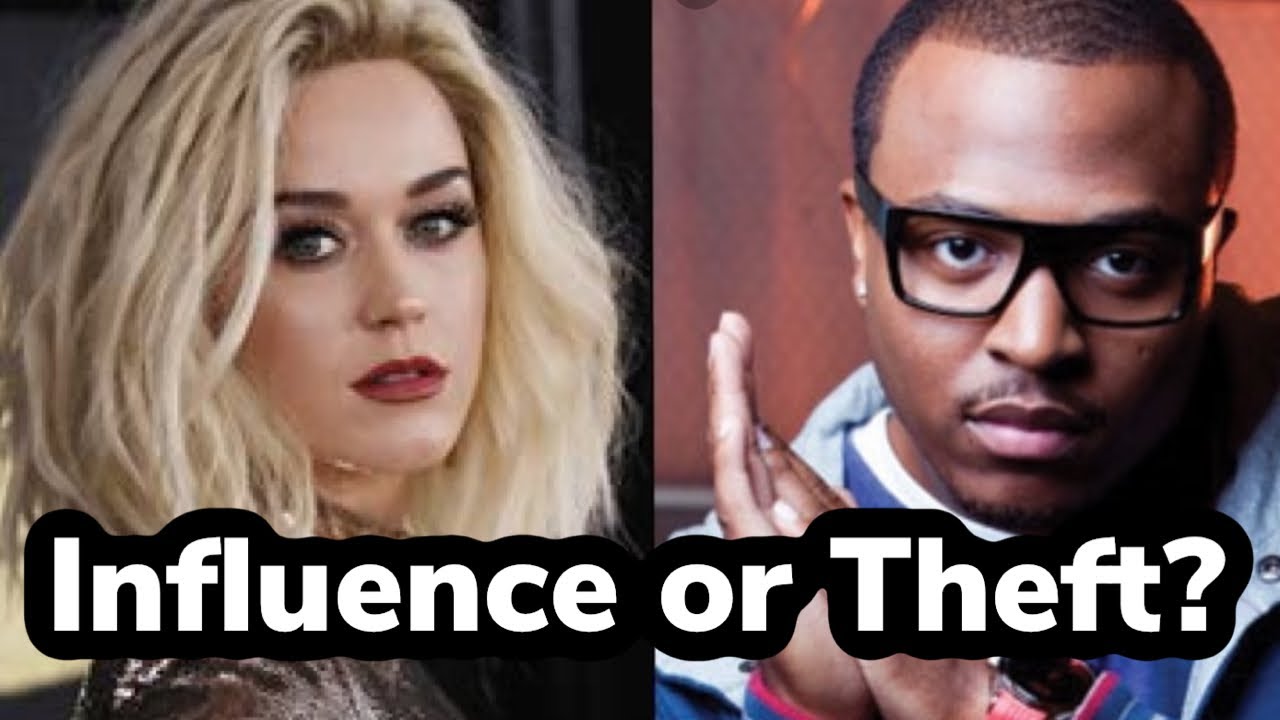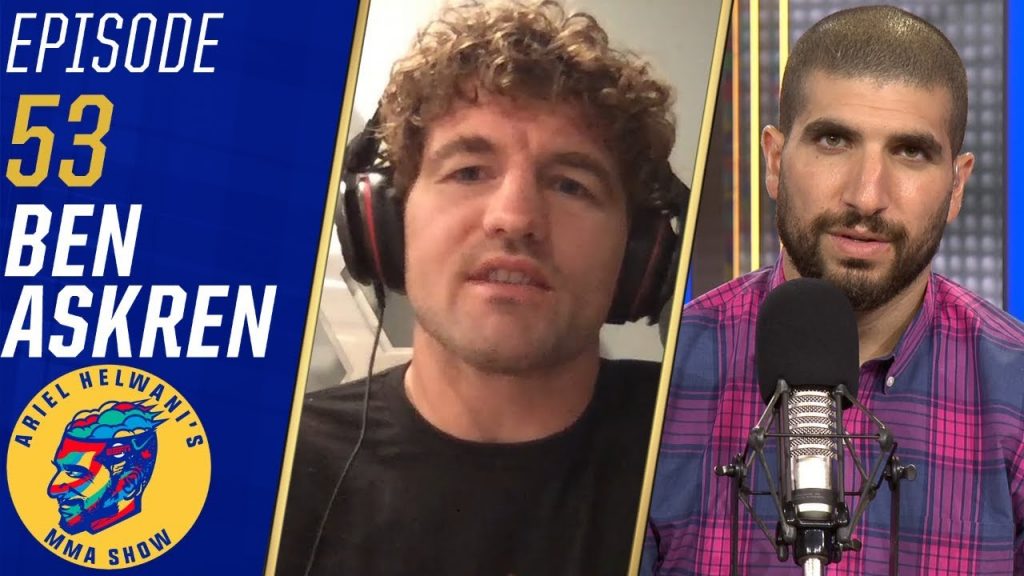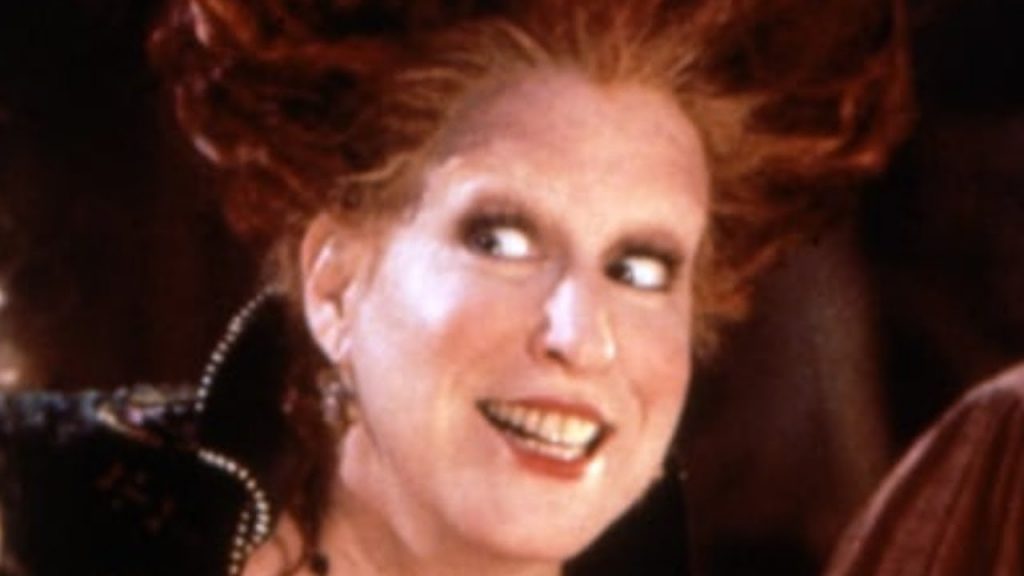KATY PERRY VS. FLAME LAWSUIT: Let’s Compare!

In this episode we discuss and compare the songs Dark Horse by Katy Perry and Joyful Noise by Flame.
The lawsuit was decided against Katy Perry and I will examine the similarities and differences between the two songs.
What specific elements of “Joyful Noise” does Flame allege were copied in “Dark Horse”?
In recent years, the music industry has seen an uptick in lawsuits involving copyright infringement and musical plagiarism. One such case is the lawsuit filed against pop superstar Katy Perry by Christian rapper Flame, claiming that she copied elements of his 2008 song “Joyful Noise” in her hit single “Dark Horse.” As the trial continues to unfold, let’s take a closer look at the details of the case and compare the arguments presented by both parties.
To begin with, Flame (real name Marcus Gray) alleges that Perry and her team copied the beat and instrumental riff from “Joyful Noise” and used it in “Dark Horse” without seeking his permission or giving him any credit. He asserts that the two songs share a “substantial similarity” and that Perry’s alleged theft has harmed his reputation as an artist.
On the other hand, Perry’s legal team has argued that the beat and riff in question are so common and basic that they cannot be copyrighted. Furthermore, they claim that even if there were similarities between the two songs, Perry and her co-writers (including producer Dr. Luke and rapper Juicy J) came up with “Dark Horse” independently and without any knowledge of “Joyful Noise.”
So far, the trial has involved testimony from musicologists who have analyzed the two songs and tried to determine the level of similarity between them. Flame’s experts have pointed out several specific elements that they believe Perry copied, such as a descending minor melody and a repetitive vocal pattern. However, Perry’s experts have argued that these elements are common not only in “Joyful Noise” and “Dark Horse,” but in countless other songs in the same genre.
Another key factor in the case is the issue of damages. If Flame wins, he could potentially be awarded millions of dollars in compensation for Perry’s alleged infringement. However, Perry’s team has argued that even if there was some similarity between the two songs, it was not intentional or malicious, and therefore the damages should be minimal at best.
Overall, the lawsuit between Katy Perry and Flame raises important questions about the line between inspiration and theft in the music industry. While it remains to be seen which side will prevail in court, one thing is clear: these types of cases are likely to become more common as artists continue to experiment with new sounds and styles. As music fans, it’s up to us to appreciate and celebrate creativity, while also holding our favorite artists accountable for any unethical or illegal behavior.
Warning: Trying to access array offset on value of type null in /srv/users/infosearched-network/apps/infosearched-network/public/wp-content/themes/rehub-theme/functions/review_functions.php on line 499
Warning: Trying to access array offset on value of type null in /srv/users/infosearched-network/apps/infosearched-network/public/wp-content/themes/rehub-theme/functions/review_functions.php on line 503









World’s Longest T-Shirt Launch | OT 33
Male Celebs Who Left Their Women For Men
Celebs You’d Never Guess Knew Each Other In College
The Untold Truth Of Hermione Granger
Inside Megan Fox’s Relationship History